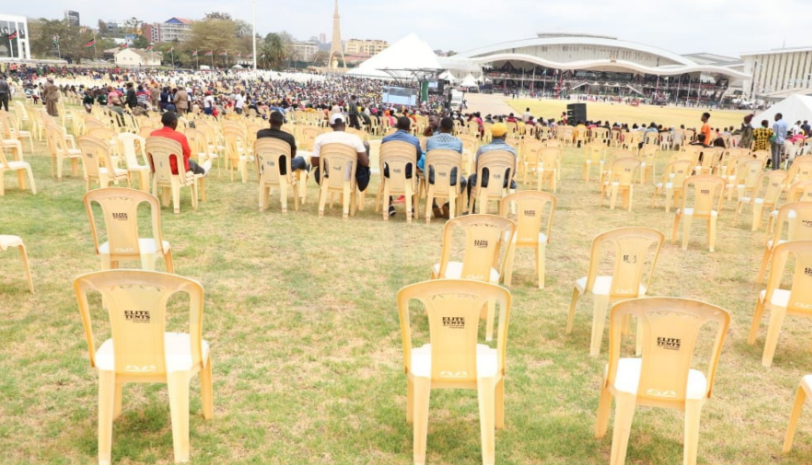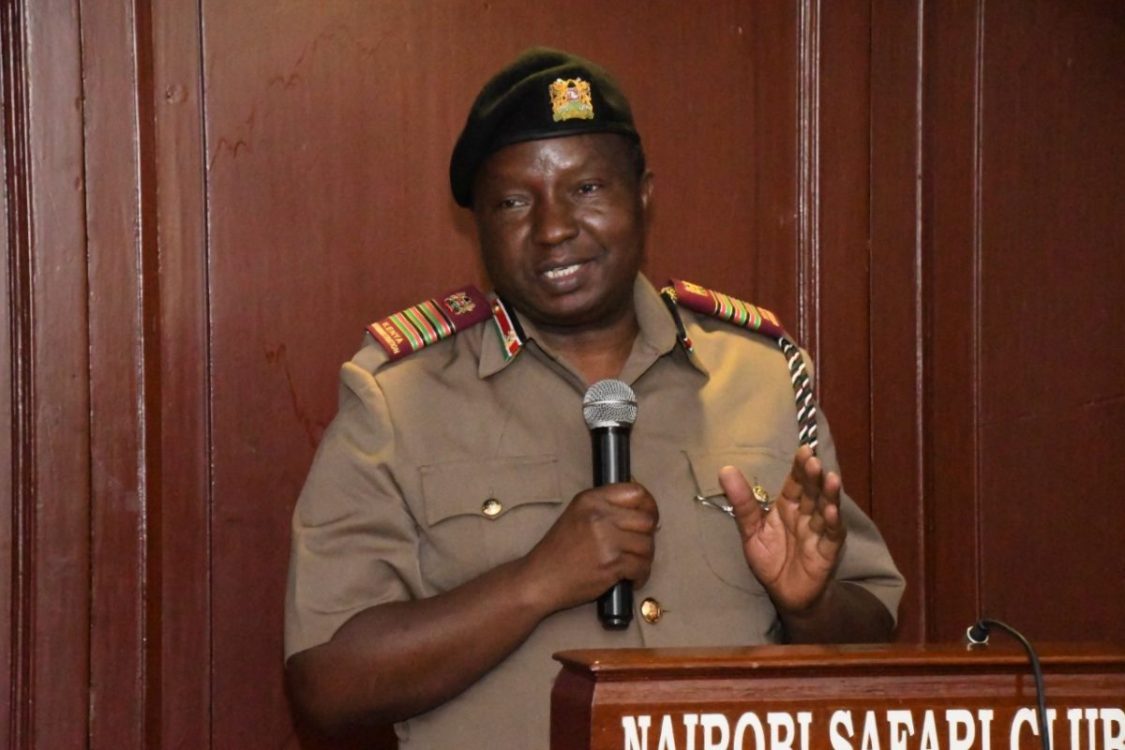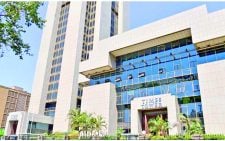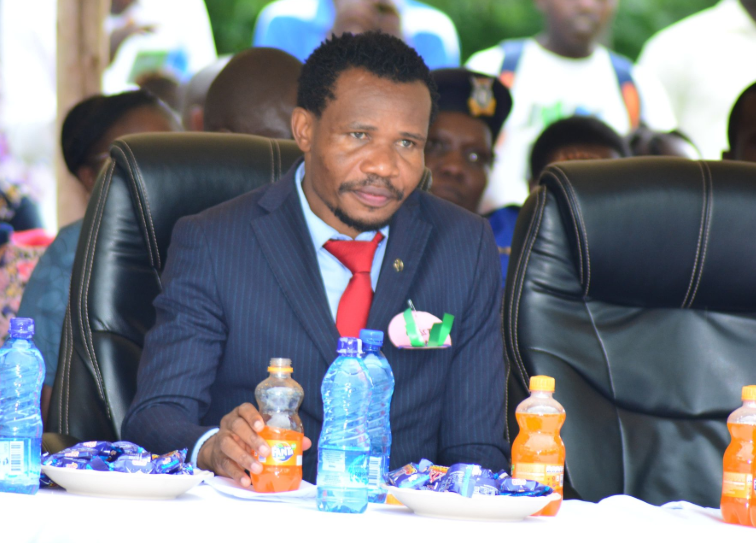Experts say Sh25b stimulus will not excite the economy

Experts have warned the Sh25 billion Covid-19 stimulus package announced by President Uhuru Kenyatta on Wednesday must be used well if it is to have any impact in spurring and sustaining long-term economic growth.
According to Ken Gichinga, chief economist at Mentoria Economics, the package would also have made economic sense if the amount was Sh300 billion, equivalent to a third of Kenya’s gross domestic product (GDP).
“The amount is most welcome, but still below expectations. For Kenya, I would have expected the package to be Sh300 billion to get people back to work. Most countries are giving the equivalent of 3 per cent of their GDP,” he said.
In his Mashujaa Day address to the Nation, President Kenyatta directed the National Treasury to appropriate money in key sectors hard hit by the pandemic, notably agriculture to spur economic activities.
This includes a Sh1 billion fertiliser subsidy for tea farmers; Sh1.5 billion in aid of the sugar sector for factory maintenance and payment of farmer’s arrears and Sh1 billion to the Ministry of Agriculture for completion of the ongoing targeted interventions in the Coffee Sub-Sector.
In addition, the Head of State said Sh1.5 billion should be appropriated to support communities affected by the ongoing drought in the Arid and Semi Arid Lands (ASAL) counties as part of the National Livestock Offtake Programme, and Sh10 billion for the third phase of the Kazi Mtaani Programme, with priority given to densely populated areas.
“The above measures will inject an additional Sh25 billion into the economy,” said the President, adding that the initiatives will complement ongoing State interventions expected to sustain the momentum of recovery, with the year’s growth rate projected to be 6 per cent.
Speaking to the Business Hub yesterday Nikhil Hira, a director at Bowman’s Coulson Harney said there are only three options for raising the money through borrowing, donations or grants and raising revenue collection.
Minimal contribution
According to Gichinga the latter can only be achieved by overhauling the tax policy and reducing over-reliance on fuel and fuel products and expanding into untapped areas like the real estate which had grown substantially in the last 20 years with very minimal contribution towards the tax kitty.
The government is currently digitising the land registry under the system called “Ardhi Sasa” which brings search results in three to five minutes with the hope of reducing fraud, which has been a major complaint for real estate developers.
“Provided it is used for the right purpose, that is to develop the economy, and not pay salaries, that is fine,” said Hira, adding that Kenya can still borrow since it has not defaulted on its debt obligations.
In addition to the 13-point stimulus package, President Kenyatta also ordered an end to the dusk-to-dawn curfew restriction which has been blamed for the loss of livelihoods and closure of businesses since the pandemic hit the country in March last year.
Hira reckoned that though the economy had been opening, Covid-19 was still there and that as long as another wave does not hit as predicted by the Ministry of Health, the money can be raised through regular taxes.
While welcoming the President’s directive, Kamau Ichungwa, the Kikuyu MP and a previous chair of the budget and appropriation committee said the stimulus package was little and will not have an impact on the economy.















